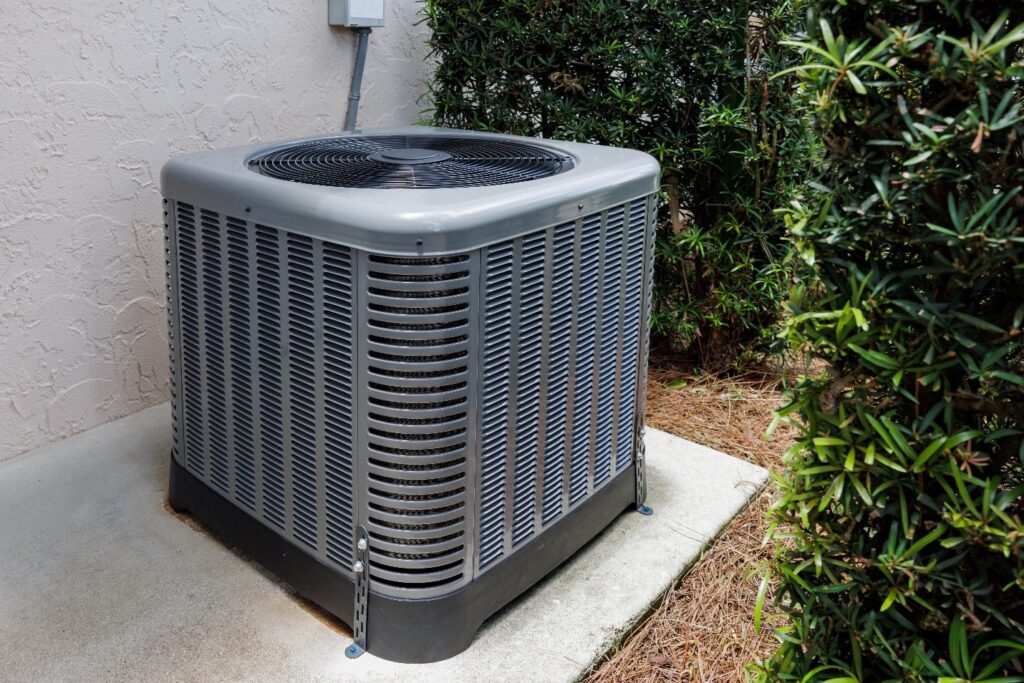As the seasons become warmer and the daylight hours heat up your interior temperature, most of us look forward to relaxing in a nice, cool home. But are you aware that the size of your AC can affect how effectively it functions?
An AC unit that is not the correct size can cause your home to remain hot and muggy, leaving you feeling uncomfortable. A properly sized AC system is critical to keeping your home cool and saving energy.
Understanding BTU Outputs
If you’re looking to upgrade your air conditioning unit or trying to determine if your current unit will suffice, then understanding BTU outputs will help put you on the right track. Here’s what you should know about these specs:
What is BTU?
British Thermal Unit, or BTU, is the metric used to assess heat energy. Regarding your air conditioning unit, BTU determines its cooling capacity. Your air conditioner has more cooling power when its BTU has a higher rating.
Why Are They Used?
In order to guarantee that your air conditioner will be suitable for your space or home, knowing an AC unit BTU is very important. If an air conditioning unit is not large enough to cool a space, it will cause the space not to be cooled down properly and will result in more energy being used.
Furthermore, if your AC unit is too large it will overcool your space and waste unnecessary energy.
How to Check Your AC’s BTU
If you’re searching for your air conditioner’s BTU rating, look at the manufacturer’s sticker, which is usually placed on the unit. You can also contact the manufacturer for this information or your AC unit’s owner’s manual.
Does One Size Fit All?
When it comes to AC units, one size does not fit all.
Types of Central Air Conditioners
There are multiple types of air conditioning units to pick from when searching for a new system. Each is equipped with its own features and benefits. It’s highly recommended to research each type to determine which will be best for your home. Here are the most common kinds of AC units:
- Central Air Conditioners with Heat Pumps – These provide cooling and heating within one unit. The benefit of this unit is its energy efficiency. The downside is that they require more time for installation and are more expensive than standard AC units.
- Packaged Air Conditioners – Typically recommended for commercial buildings with little indoor space, these air conditioners combine the condenser, evaporator, and compressor in a single unit. They are usually installed on a slab of concrete or the roof.
- Split System Air Conditioners – Most ideal for homeowners, these AC units are easy to operate and install. They consist of outdoor and indoor units working simultaneously to cool a space.
- Ductless Mini-Split Air Conditioners – Great for small spaces, these AC units are similar to the split system ACs. The only difference is that these types of units don’t require ductwork and are more energy efficient.
Understanding Energy Efficiency Ratings
Like BTU specs, energy-efficient ratings are important to know if you’re considering a new unit. The AC unit will be more efficient if the Seasonal Energy Efficiency Ratio (SEER) is higher. Typically they range from 13 to 21. These will result in more affordable energy bills and less impact on the environment.
Purchase Considerations
If you’re in the market for a new AC unit, there are a few factors that you should consider to make sure you’re making the correct choice for your home.
Price Range
Air conditioner prices range depending on the features, brand, and type of AC unit. While central AC systems can cost upwards of a couple of thousand dollars, window ACs typically range from $150 – $800.
Financing
One thing that can help with the cost of a new AC unit is if the retailer or manufacturers offer financing options. Check with them to see if there is a program available.
Tax Credits
In certain cases, AC systems that meet specific energy efficiency requisites may qualify for a tax credit from the government.
Rebates
Before you make your purchase, check with the manufacturer or retailer and find out if they offer rebates when purchasing an AC system. This can reduce the cost of a brand-new system.
Now that you’ve learned about what to consider before purchasing a new air conditioning system, you’re ready to get started on the search for the right unit for your home. If you have any other questions or want more information, our ASI team can help! Give us a call today.










